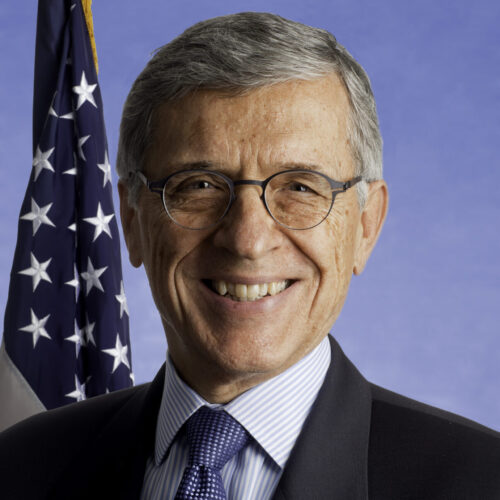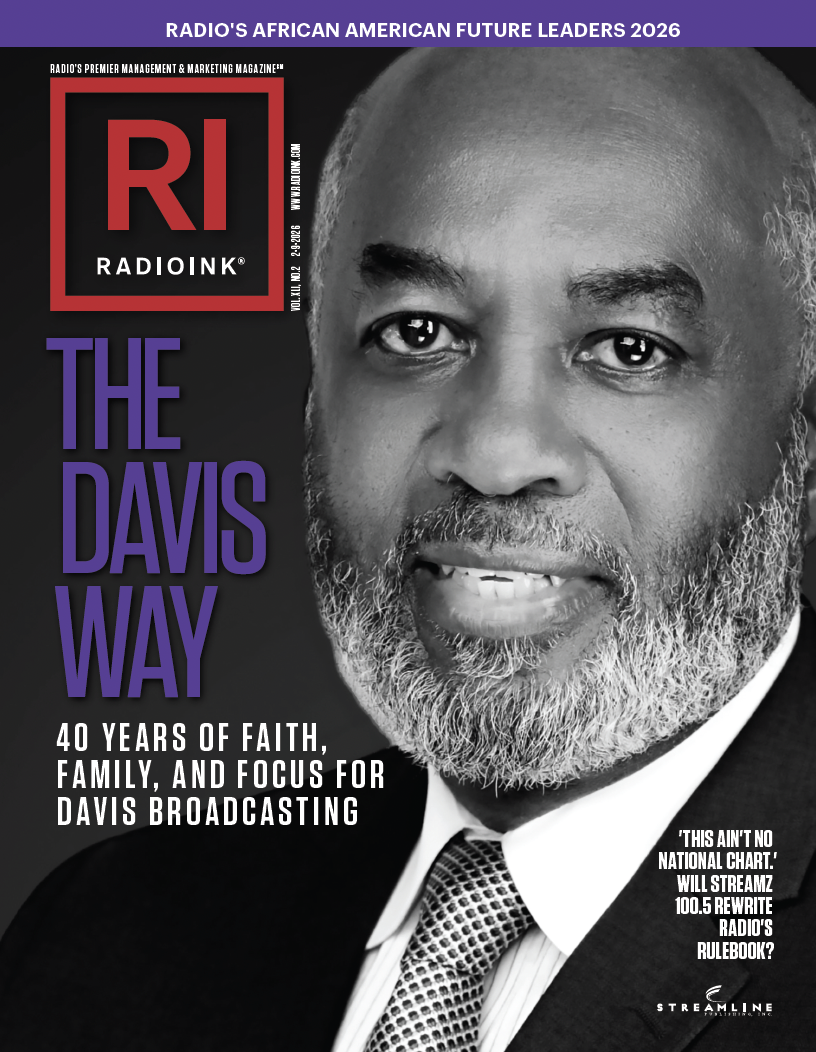
As the Federal Communications Commission seeks to combat bad actors in the realm of generative artificial intelligence, former FCC Chairman Tom Wheeler is expressing his belief that the United States policymakers have “failed” in regulating AI.
Wheeler, who was appointed by President Obama and led the Commission from 2013 to 2017, joined Yahoo! Finance’s Catalysts, where he discussed the complexities of regulating AI and the approaches needed for overseeing Big Tech effectively.
Wheeler opened by acknowledging that as fast as the tech world has changed since the launch of OpenAI’s ChatGPT, the pace will only get more frenetic as companies unlock AI’s full potential. Saying that the US is currently unprepared to move from industrial-era-style regulation to a digital, AI economy, Wheeler said, “In the United States, our policymakers have failed to step up to that challenge and we are seeing the rules being developed by other nations and by States in the United States, both of which will create new problems for those tech companies who rely on a uniform market.”
Highlighting differences in regulatory approaches, Wheeler noted that the European Union has already adopted its own sets of regulations, with EU government making ways, “to ensure competitiveness and fairness in the market, something that American regulators have failed to do…It is a much more agile approach…that continues to encourage innovation and investment and it is setting the standard for how we should approach things in the United States.”
On March 13, the European Parliament passed the Artificial Intelligence Act, marking a pioneering move to create the world’s first comprehensive legal framework for AI. This legislation sets EU-wide regulations focusing on data quality, transparency, human oversight, and accountability. It encompasses a risk-based approach, categorizing AI systems by their potential threat levels and adjusting regulatory requirements accordingly.
Under current FCC Chairwoman Jessica Rosenworcel, the Commission has been bullish on preventing malicious uses of AI, including levying a $6 million fine against Steve Kramer for allegedly using AI deepfake technology and caller ID spoofing to disseminate election misinformation during the lead-up to New Hampshire’s January primary. Earlier this year, Chairwoman Rosenworcel also reinstated the Communications Security, Reliability, and Interoperability Council to specifically address artificial intelligence’s impact on communication systems.
To a much more controversial end, the FCC has proposed a rule that would require the disclosure of AI-generated content in political radio ads to enhance transparency. This proposal, which aims to inform consumers about the use of AI without banning it, would mandate both on-air and written disclosures across various platforms, including broadcasters, cable operators, and satellite TV and radio providers, if approved by the Commission.
Federal Election Commission Chairman Sean Cooksey condemned this move, saying it would “sow chaos” in the upcoming election and could disrupt the FEC’s regulatory authority.









